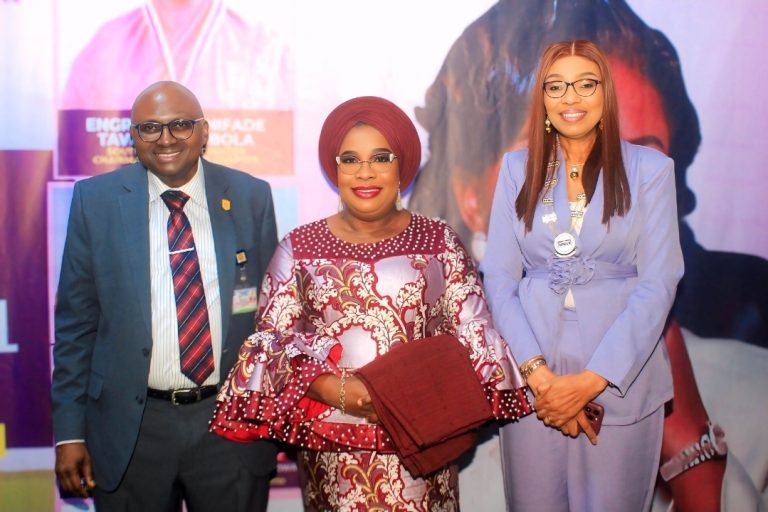Nigeria can only make its manufacturing sector competitive again if it shifts to home-grown engineering and new technologies, the Association of Professional Women Engineers of Nigeria (APWEN) has declared.
Speaking at the close of APWEN’s 2025 international conference in Ibadan, Engineer Adebisi Osim said local engineers must lead the country’s industrial turnaround.
“The future of Nigeria’s manufacturing sector lies not in imported solutions, but in home-grown innovations driven by Nigerian engineers.”
Over 500 participants, including industry leaders, policymakers and international partners, flagged a familiar set of problems which include falling productivity, dependence on imports, skills shortages, weak academia-industry links and high production costs.
The group warned these issues threaten jobs and national economic resilience.
The conference also showcased ready-to-scale innovations, renewable-energy manufacturing tools, additive manufacturing projects, AI predictive-maintenance models and IoT systems with many developed locally and targeting lower-cost, sustainable production.
Cybersecurity was singled out as a growing danger for digitised factories as APWEN recommended that industry stakeholders train and absorb cybersecurity experts into the industrial workforce to protect digital manufacturing processes.
In its communiqué, APWEN urged the federal government and key ministries, including Industry, Science & Technology and Communications, to back policies that fast-track AI, automation, robotics, IoT and additive manufacturing adoption, and to support decentralised micro-manufacturing clusters.
The association also pushed for stronger R&D links between universities and industry, more mentoring and early career exposure for young engineers, and gender-inclusive financing to scale female-led manufacturing start-ups.
The four-day event which was held from 22 to 26 September at the University of Ibadan drew notable figures such as NSE President, Engineer Margaret Oguntala and Oyo State First Lady Engr. Tamunominini Makinde, who warned Nigeria must move beyond assembly, branding and packaging to full-scale local production.
APWEN closed the conference by urging immediate policy action and multi-stakeholder collaboration, saying without it, promising local technologies and youth entrepreneurship will remain isolated successes rather than engines of national industrial recovery.


